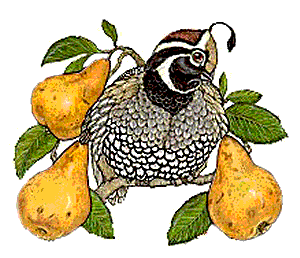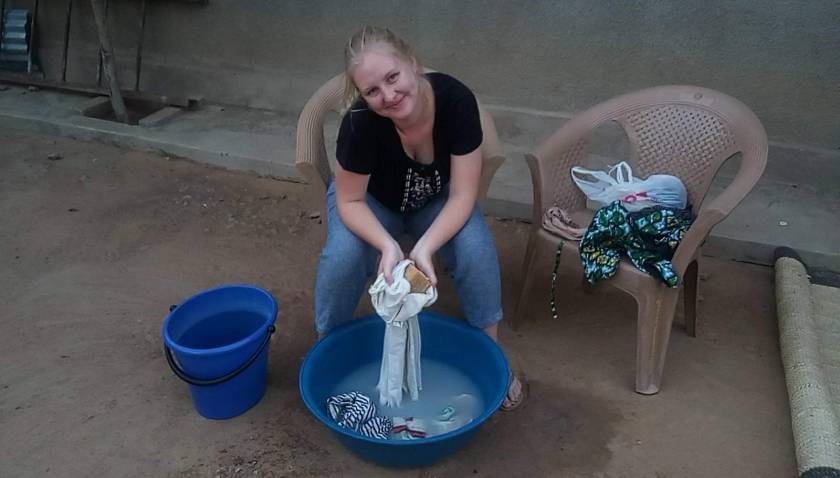I just spent two weeks in Kigali, Rwanda and hoooo boy is it different from Chad. So, the first week was spent mostly in a conference room with MCC colleagues talking about tools and best practices for planning, monitoring and evaluation and if you think that sounds boring…you’d be wrong. It was fabulous!
Planning, monitoring, and evaluation (PME) is what I have been focusing on with my partner organization. Its the part of development projects where we try to ensure that our work is having the impacts we want and expect to see. My project has completed most of the planning and is currently in limbo before starting up activities this spring. It was the perfect time to get a refresher and learn some new techniques for the monitoring and evaluation which will come later.
The conference included MCC staff from all across Africa and a few sector specialists from the US and Canada. Over the course of the week, through many many powerpoint sessions, open-ended discussions, get-to-know-you games, small-groups skits, and buffet lunches, we got to know each other and shared our own country experiences. It was a little sad to see such such a wonderful group of colleagues leave at the end of the week, but we plan to keep in touch and continue the learning.

And I can’t complain too much, since I was headed into a week of vacation! The trip to Kigali also served as a wonderful time to catch up with other SALTers and take a break from the dry Chadian climate that is getting hotter by the day…
There are two SALTers living and working in Kigali this year who I met at orientation in August. We met up one night during the conference at a burrito place that gave me Chipotle vibes called Meze Fresh. I don’t remember the last time I had pico de gallo or even tortilla for that matter and it was glorious!
The week after, when I was officially on vacation, I went around with them meeting their host families, attending a Friends church service in Kinyarwanda, and even playing with a host puppy!
Jake’s host family adopted a puppy the week I was in Kigali. It was christened Puppy Simba, after a heated debate between Jake (in favor of the name Simba) and his host mom, Esperance (in favor or the name Puppy). While wandering around a big supermarket one day, I found the pet aisle and bought Puppy Simba his first squeaker toy – which is pictured below. Unfortunately, he was only allowed to enjoy the squeaker for one night before the host family got fed up with it and Jake removed the squeaking mechanism. RIP squeaky hotdog.
On Tuesday, Jake’s organization had planned a field visit to a district a few hours north of Kigali and when they heard I was in town, invited me along for a little road trip. The project they were monitoring works with small-holder farmers on conservation agriculture techniques to improve crop yields. In Chad we have one rainy season and thus, one planting/harvesting cycle per year. In Rwanda, it rains consistently and I learned that farmers have 2 or 3 good harvests per year.
Volcanoes and gorillas are both found in this particular region of Rwanda, although the former are much easier to spot than the latter. Often, the ground we walked on was rocky or even looked like rippling lava from previous eruptions.

The final few days I spent in Kigali were filled with shopping for a few souvenirs, hanging out with the SALTers at coffee shops, and visiting a few more “touristy” sites. I spent a few hours at the Kigali Genocide Memorial one rainy afternoon and I left feeling heavy, but better informed about the people and histories surrounding me.
My last note on this post will concern my newest love: African Tea.
We met in a little corner shop/restaurant on a cobblestone street on my first rainy Kigali afternoon. I hadn’t even changed money yet (which I would later regret). The downpour caught me off guard and as I ducked under the awning, a young man asked if I wanted to step inside and eat. “Its okay, you can eat,” he assured me. We compromised on a cup of tea. “We have African tea,” he said. That’s okay, I drink any kind of tea. I sat down in a worn chair at a table covered with torn plastic, as he served me a steaming mug of milky, spicy liquid. It was love at first sip.
African tea is essentially black tea made with equal parts milk and water, steeped with crushed ginger and/or lemongrass and served with a few teaspoons of sugar. Absolute heaven.
From that first day, I had at least one cup and usually two per day. I’m working on perfecting my recipe here in Chad. I’ll keep you updated on how the nuns feel about it.








































